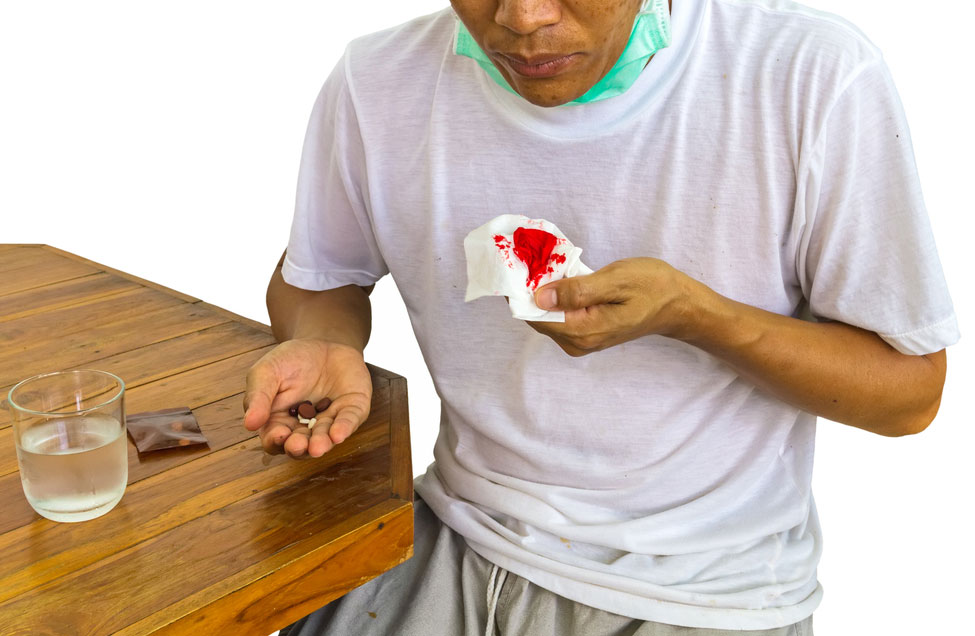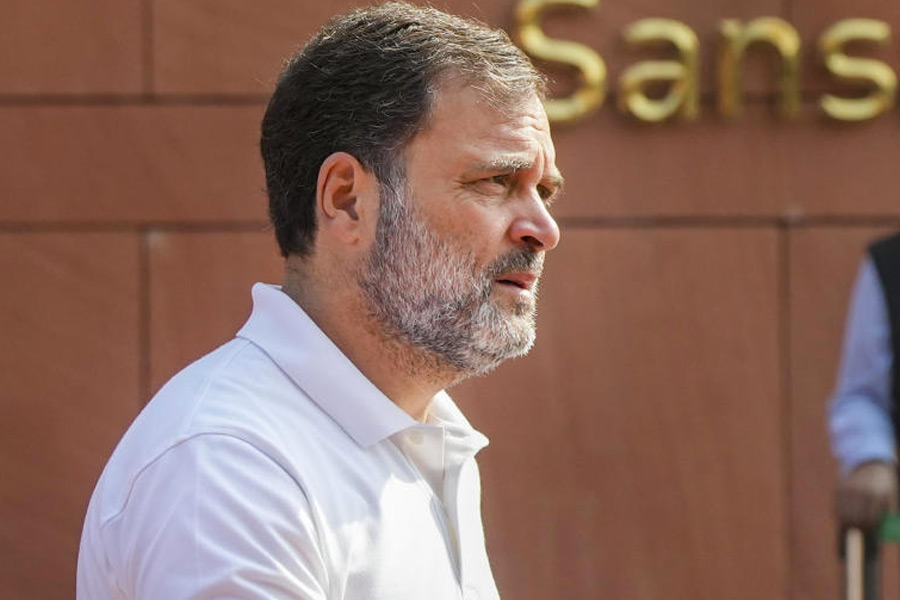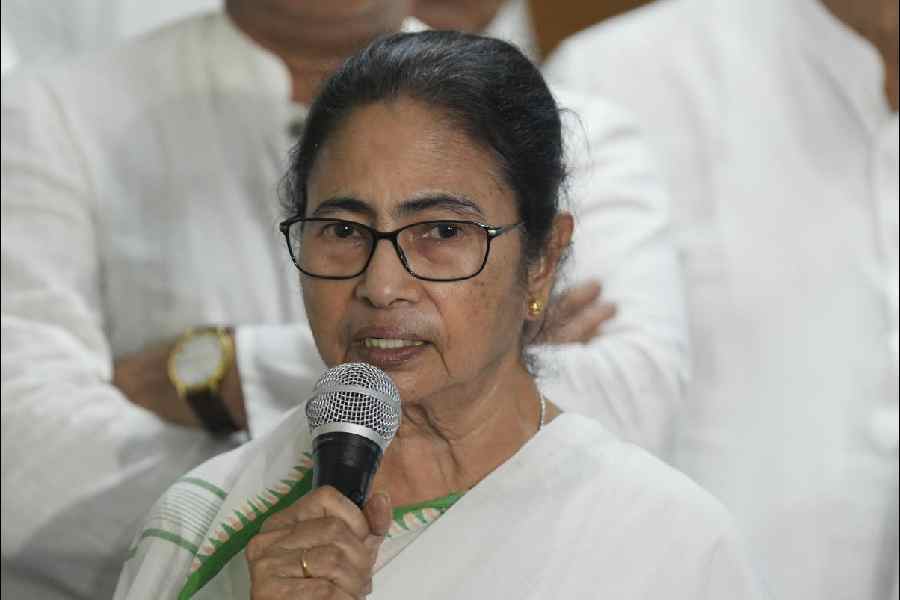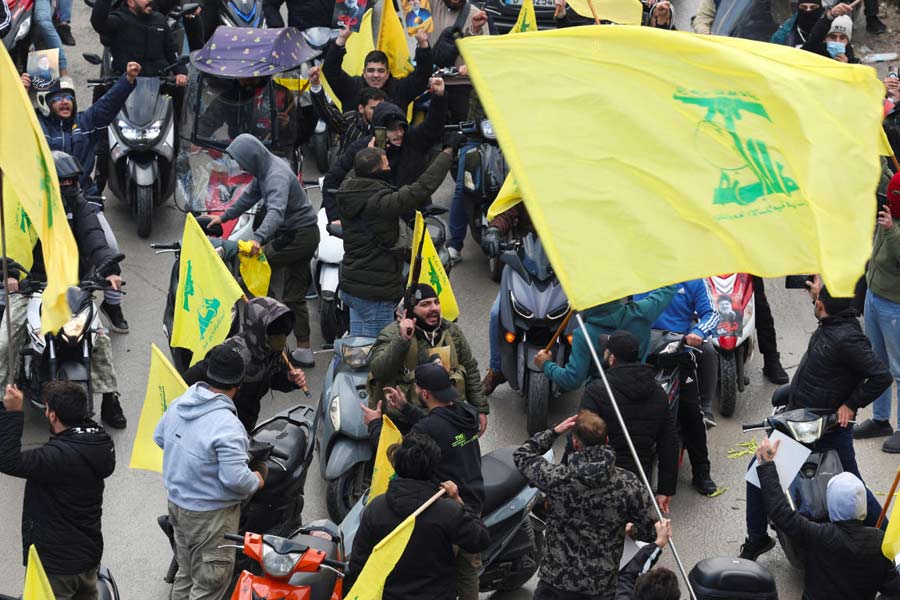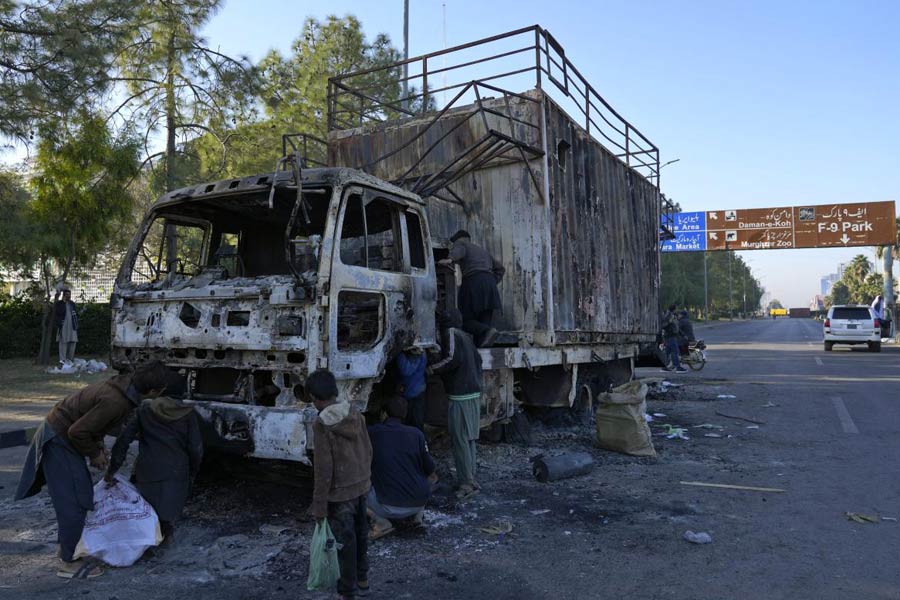A group of tuberculosis survivors has asked the Centre to increase its monthly nutritional support to TB patients to Rs 2,000 per patient, saying the current amount of Rs 500 is not enough to cover food expenses.
In a letter sent to Prime Minister Narendra Modi this week, the Survivors Against TB (SATB) has also asked the government to accelerate the rollout of the nutrition scheme announced earlier this year so that it reaches all patients.
The Union health ministry had earlier this year initiated a process to identify all patients receiving free anti-TB treatment from the government and get their bank account details to transfer the money.
Senior health officials estimate that about 13 lakh patients would be eligible to receive the nutritional support but SATB officials say that only about a third of eligible patients are at present receiving the monthly payment.
The Centre had launched the nutritional support scheme for TB patients in response to long-standing concerns among public health experts that poor nutrition levels are contributing to the prevalence of the disease as well as relapses among those on treatment.
A 2014 study had indicated that over half of TB cases in women and men aged between 15 and 49 years could be associated with poor nutrition.
In Bihar, Jharkhand and Chhattisgarh, more than 60 per cent of TB cases was linked to poor nutrition.
But the SATB has told the government that Rs 500 is too low to pay for the recommended food rations for a TB patient for a full month. Public health experts say TB patients throughout their treatment should seek to regularly consume food items rich in protein such as eggs or pulses.
The SATB, in its letter, has pointed out that the government recently increased the monthly economic benefit to People Living with HIV from Rs 1,000 to Rs 2,000 and has urged the government to show a similar commitment to TB patients.
Senior doctors who have been campaigning for nutrition support to TB patients say Rs 2,000 would be better than the current amount, but iterate concerns that direct benefit transfers may not always be spent on food.
“Given the financial situation of many households with TB patients, it is possible that the money might be spent on essential things other than food,” said Anurag Bhargava, professor of medicine at the Yenepoya Medical College in Mangalore.
Bhargava and other medics say it may be helpful to tailor the mode of nutritional support to local resources, needs and constraints. 'In some districts in Kerala and in Mumbai, patients have been directly receiving food,' Bhargava said.

